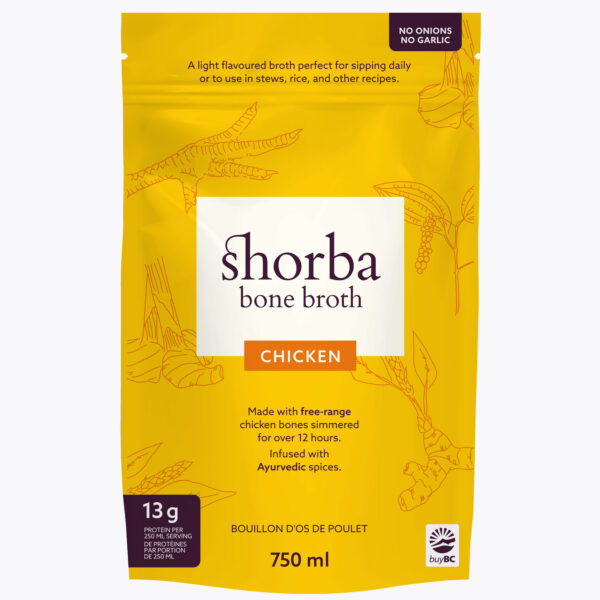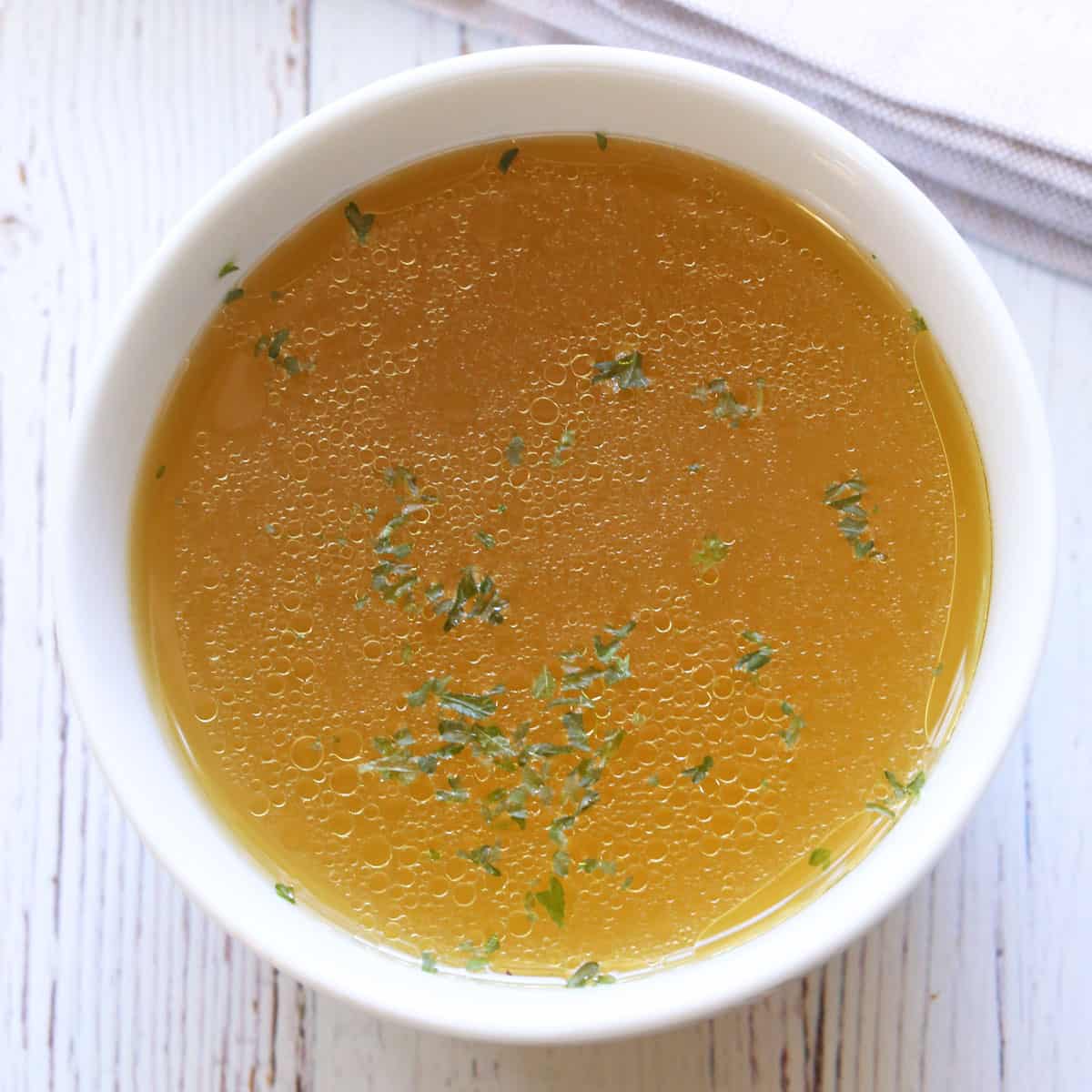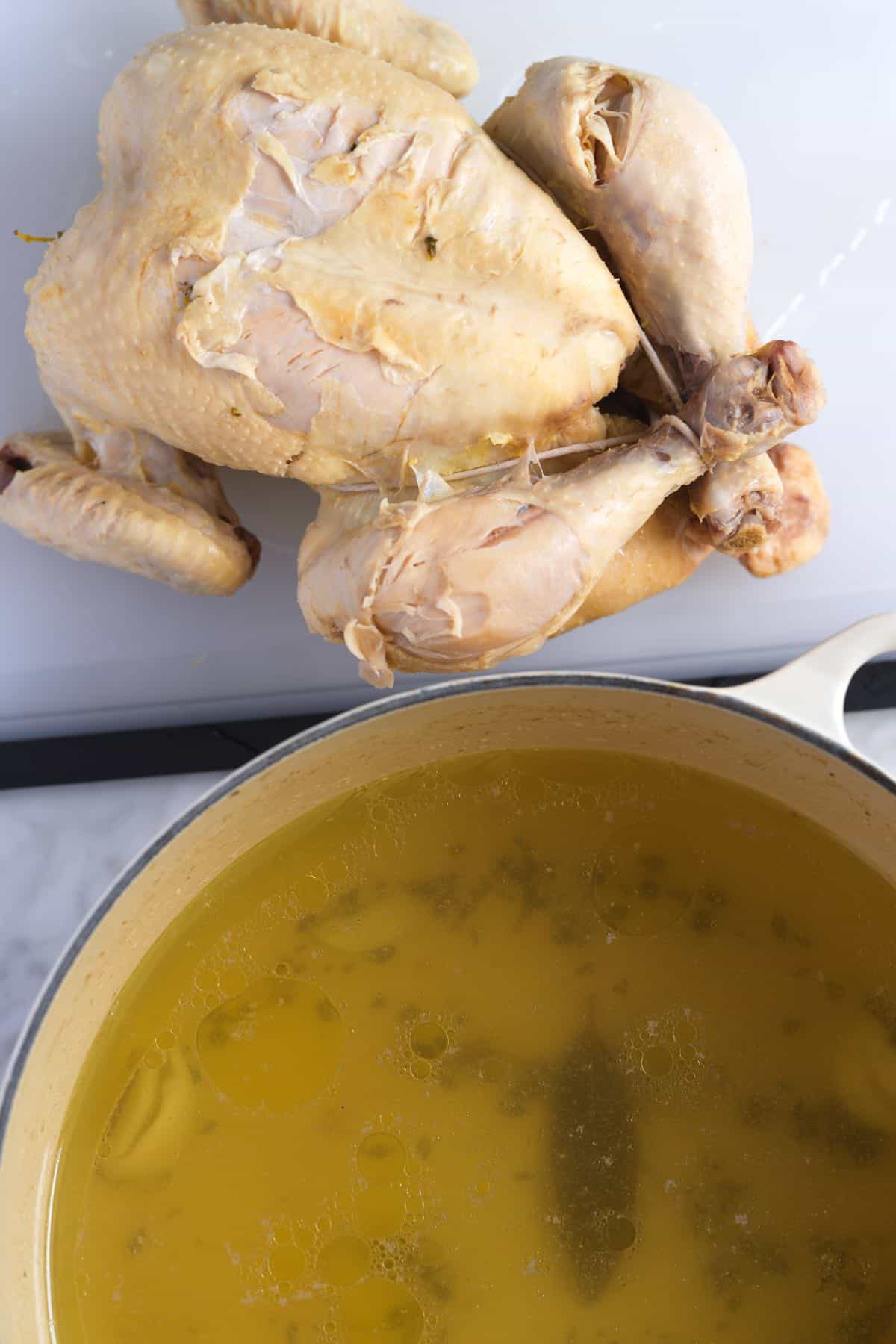Everything You Need to Know About Cooking Grains with Organic Bone Broths
Everything You Need to Know About Cooking Grains with Organic Bone Broths
Blog Article
The Ultimate Overview to Making and Delighting In Organic Bone Broths at Home
Bone brew has actually obtained focus for its countless health benefits and culinary flexibility. Crafting natural bone brew in your home allows people to regulate the quality of ingredients, making sure a nourishing end result. Understanding the selection of bones, vital flavoring components, and appropriate cooking methods is vital. As the process unfolds, one might ask yourself how to raise their brew beyond the fundamentals and include it into everyday meals for enhanced flavor and nutrition.
Recognizing the Health And Wellness Perks of Bone Brew
Although bone broth has been a staple in various cuisines for centuries, its health benefits have gotten substantial attention in recent years. Rich in collagen, amino acids, and minerals, bone brew is usually proclaimed for its possible to sustain joint wellness, improve gut feature, and enhance skin elasticity. The gelatin stemmed from prepared bones might help food digestion and assistance seal the gut lining, potentially relieving problems like leaky digestive tract syndrome.Furthermore, the presence of nutrients such as glucosamine and chondroitin might add to decreased inflammation and pain alleviation in joints. In addition, bone broth is moistening and can function as a healthy base for stews and soups. Several proponents likewise claim that it increases the body immune system, thanks to its mineral profile. In general, the rebirth of passion in bone brew is connected to its perceived capability to advertise total wellness and support different bodily features.
Selecting the Right Bones for Maximum Flavor and Nutrition
What elements should one think about when picking bones for broth prep work? The type of bones used considerably impacts both flavor and dietary worth. It is vital to pick bones that consist of a mix of marrow bones, joint bones, and meaty bones. Marrow bones supply healthy and balanced fats and abundant flavors, while joint bones contribute collagen, boosting the broth's dietary profile.Additionally, sourcing bones from grass-fed or pasture-raised pets warranties higher high quality and even more nutrients, as these pets are commonly much healthier. The quality of the bones is likewise vital; picking bones from local butchers or farmers' markets can guarantee optimal taste. Bone dimension matters as well; bigger bones launch more jelly, causing a richer broth. Ultimately, taking into consideration the kind of pet-- beef, hen, or fish-- can affect the last preference, enabling versatile brew alternatives customized to specific preferences.
Crucial Ingredients for a Delicious Bone Brew

Quality Bone Choice
The foundation of a savory bone brew hinges on the mindful option of top notch bones. Sourcing organic, pasture-raised or grass-fed bones is important, as these options are most likely to be without hazardous ingredients and supply superior nutrients. Ranges such as hen, beef, or lamb bones each give distinctive tastes and wellness advantages. Bone kinds, consisting of marrow bones, knuckle bones, and oxtails, add gelatin and collagen, boosting the brew's structure. Selecting bones with a mix of meat and connective cells can likewise add splendor and deepness. In addition, picking bones with noticeable marrow assures a nutrient-dense brew, boosting the general quality. Eventually, investing time in quality bone choice prepares for a scrumptious and beneficial brew.
Aromatic Taste Boosters
Selecting top quality bones sets the stage for a abundant and nutritious bone brew, but it is the enhancement of aromatic taste boosters that really elevates the recipe. Active ingredients such as onions, garlic, and carrots not just give sweetness yet likewise add depth to the broth. Fresh natural herbs like bay, parsley, and thyme leaves add an aromatic note, while spices such as black peppercorns and cloves present heat and intricacy. Furthermore, incorporating a dash of apple cider vinegar can assist extract minerals from the bones, enriching the brew. These taste boosters produce an unified blend, transforming an easy brew into a savory foundation for soups, stews, or sauces, making it a functional component in any type of cooking collection.
Step-by-Step Overview to Making Bone Broth in the house
Developing bone broth in your home can be a rewarding cooking undertaking that enhances both taste and nutrition in different recipes. To start, one must pick top notch bones, ideally from natural or grass-fed sources. Roasting the bones at 400 ° F for concerning half an hour can intensify the flavor. Next off, move the roasted bones to a huge pot or slow stove and cover them with cool water. Adding a sprinkle of vinegar helps extract minerals from the bones.Include aromatic vegetables like onions, carrots, and celery for added depth, along with herbs and flavors as wanted. Bring the mix to a boil, then reduce to a simmer. It is vital to allow the brew simmer for a minimum of 12 hours, though longer is preferable for maximum richness. Finally, stress the broth through a fine-mesh sieve and shop it in impermeable containers, all set to boost dishes with its healthy essence.

Tips for Refining Your Bone Broth Simmer
While simmering bone broth, preserving the right temperature level and timing is essential for accomplishing a rich and delicious outcome. A mild simmer, ideally between 190 ° F and 210 ° F, aids essence maximum nutrients and flavors without steaming, which can make the brew cloudy. It is a good idea to check the pot carefully, changing the warm as required to keep this simmer.Timing is also important; a longer simmer, generally ranging from 12 to 48 hours, permits much deeper taste extraction and collagen launch. For chicken bones, a 12 to 24-hour simmer suffices, while beef bones take advantage of longer cooking times.Additionally, skimming off any kind of foam or impurities that climb to the surface area during the very first few hours can enhance the brew's clearness and taste. Guaranteeing the pot is covered during simmering helps to preserve dampness and heighten the flavors, making for an extra rewarding end product.
Creative Ways to Utilize Bone Brew in Your Cooking
Incorporating bone broth into different dishes raises both taste and nutritional worth. Cooks and home cooks alike discover that utilizing bone brew as a base for stews and soups improves deepness and splendor, changing simple dishes right into hearty dishes. It can additionally be employed in risottos, where the brew replaces water, enabling the grains to absorb its tasty essence.Additionally, bone broth offers as an outstanding food preparation liquid for grains like quinoa or rice, infusing them with nutrients and taste. For an added spin, it can be utilized in braising meats, resulting in tender, tasty outcomes. Even sauces gain from a dash of bone broth, improving their taste profile.Moreover, bone brew can be included into smoothies for an unexpected wellness boost, supplying healthy protein and nutrients without compromising preference. These innovative applications showcase the adaptability of bone broth in day-to-day food preparation, making it an indispensable cooking area staple.
Keeping and Preserving Your Homemade Bone Broth
Correct storage and conservation of homemade bone broth is vital for keeping its flavor and nutritional advantages. Cold techniques and refrigeration best techniques play a vital duty in prolonging the brew's life span. Understanding these methods can help ensure that the brew stays secure and delicious for future use.

Icing Up Techniques Clarified
Freezing strategies are crucial for successfully visite site saving and protecting homemade bone brew, ensuring its abundant flavors and nutrients continue to be intact for future usage. To ice up bone broth, it is a good idea to allow it cool totally before transferring it to storage space containers. Glass containers, silicone molds, or durable freezer bags appropriate options. When making use of containers, leave area on top for expansion during cold. Portioning the brew right into smaller sized amounts enables for very easy thawing and lessens waste. Label containers with the day and materials for very easy identification. For peak top quality, consume the icy broth within three to 6 months - Beef Broth. Defrosting can be carried out in the fridge or by utilizing a microwave, making sure that the brew is heated extensively prior to usage
Refrigeration Best Practices
While many emphasis on freezing as a method of preservation, refrigeration also plays a necessary duty in keeping homemade bone brew efficiently. Once cooled down, bone brew ought to be transferred to airtight containers, guaranteeing marginal air direct exposure to stop spoilage. It is advisable to cool brew within two hours of food preparation to preserve its high quality. Typically, homemade bone broth can be stored in the refrigerator for as much as 5 days. Classifying containers with dates can aid track freshness. For peak taste and safety, brew should be reheated to a moving boil prior to consumption. If longer storage space is needed, cold stays an exceptional choice, yet appropriate refrigeration practices guarantee that bone broth remains scrumptious and nutritious for short-term use.
Often Asked Inquiries
Can I Make Use Of Frozen Bones for Making Bone Broth?
The question of using frozen bones for bone broth occurs regularly (Bone Broth Delivery). Experts concur that frozen bones can be utilized successfully, but they need to be thawed before cooking to guarantee optimal taste and nutrient removal
Exactly How Lengthy Can I Store Homemade Bone Broth?

Is It Safe to Reheat Bone Broth Several Times?
Reheating bone broth several times can position safety problems - Benefits Of Bone Broth. Each reheating cycle boosts the risk of bacterial development. It is a good idea to reheat only as soon as and keep any type of leftovers promptly to ensure safety and security and high quality
Can I Add Vegetables to the Brew for Taste?
Including veggies to broth improves taste and nutritional value. Usual options include carrots, onions, and celery. The vegetables infuse their essence right into the broth, producing a richer and extra mouthwatering end product.
What's the Ideal Method to Defrost Frozen Bone Broth?
To thaw icy bone broth, one can place it find out here now in the fridge over night, make use of a microwave on low warm, or immerse the sealed container in warm water, guaranteeing also thawing without compromising taste or nutrients. It is vital to select bones that include a mix of marrow bones, joint bones, and weighty bones. Marrow bones offer abundant flavors and healthy fats, while joint bones add collagen, boosting the brew's dietary profile.Additionally, sourcing bones from grass-fed or pasture-raised pets assurances greater quality and more nutrients, as these pets are typically much healthier. Bone types, including marrow bones, knuckle bones, and oxtails, contribute jelly and collagen, improving the brew's texture. Selecting high-grade bones sets the stage for a healthy and rich bone brew, yet it is the enhancement of aromatic taste enhancers that truly raises the meal. Also sauces benefit from a sprinkle of bone brew, enhancing their preference Related Site profile.Moreover, bone broth can be incorporated into smoothies for an unforeseen wellness increase, offering healthy protein and nutrients without compromising taste.
Report this page